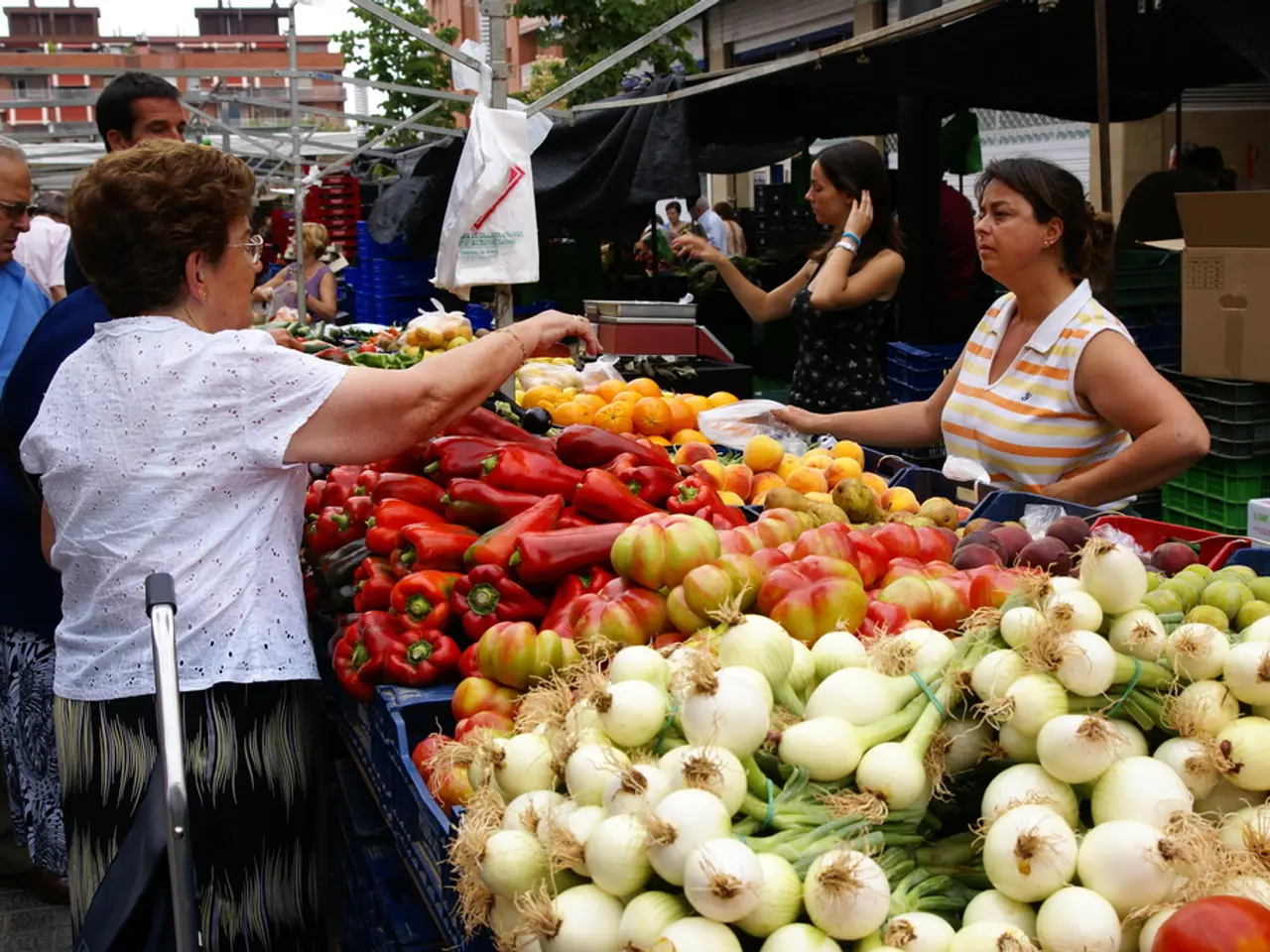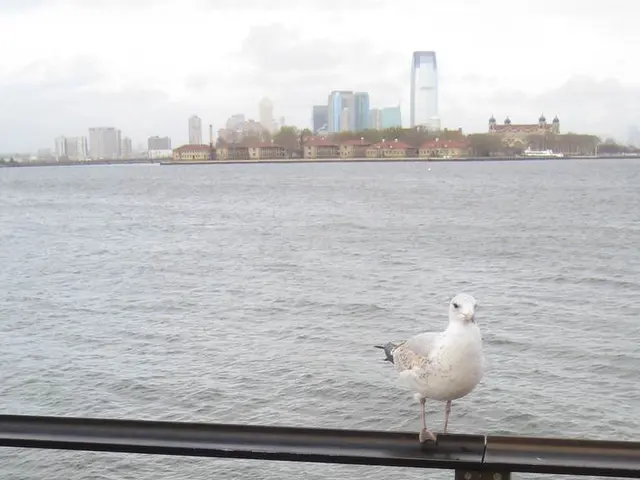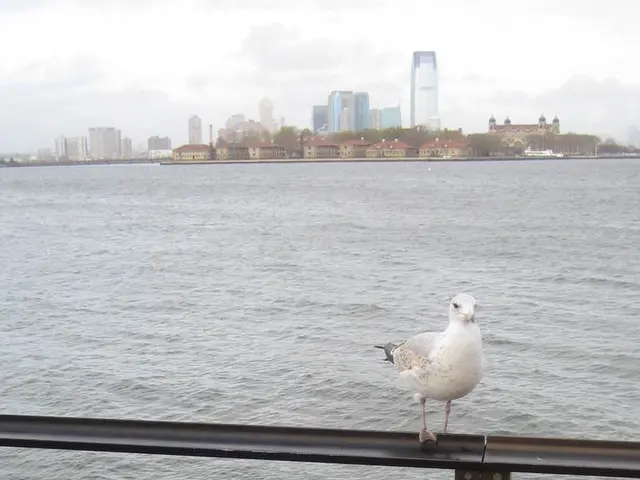In a move to combat pollution, Lagos – notoriously among the world's dirtiest cities – has implemented a ban on single-use plastics. However, the execution of this decree might not be a simple task.
In the bustling city of Lagos, Nigeria, a significant policy effort towards sustainability has been made with the implementation of a ban on single-use plastics, effective from July 1, 2025. The ban targets items such as plastic straws, cutlery, disposable cups, and lightweight nylon bags below 40 microns thickness, aiming to reduce environmental pollution and drainage blockages.
However, the ban's effectiveness is currently limited. Despite active enforcement by the Lagos State Government, including market raids and warnings to traders, many shops and food vendors continue to openly sell and use banned plastics, demonstrating incomplete adherence.
Lagos generates an astonishing 13,000 tons of waste daily, with nearly 20% being plastic. In 2024, the city accounted for around 870,000 tons of plastic waste, one of the highest in the world. This plastic pollution contributes to drainage blockages and worsening urban flooding.
One of the main challenges facing the ban is the lack of affordable, accessible alternatives for plastic products. Vendors like shop owners complain about the high cost of eco-friendly alternatives, which hampers behavioural change. Many consumers continue to prefer plastic because it is cheap and convenient.
Enforcement struggles also relate to insufficient waste management infrastructure and recycling facilities. Environmental groups emphasise the need for public education, better waste sorting, and manufacturer accountability to ensure plastics are recycled rather than discarded.
Manufacturers have a significant role in addressing the plastic waste problem, according to Omoh Alokwe, co-founder of the Street Waste Company. The global negotiation of a treaty to end plastic pollution is ongoing, with some countries, including Nigeria, participating.
In the absence of a proper waste management system, most of Lagos's plastic waste ends up in waterways, causing pollution and contributing to floods. At a sorting site in Obalende, women earn around 5,000 naira ($3.26) a day by scraping labels from plastic bottles for recycling.
The ban on single-use plastics in Lagos includes the prohibition of cutlery, plates, and straws. However, other forms of plastics, which make up a smaller percentage of the city's waste, are still in use. Offenders of the plastic ban risk business closure, yet the ongoing widespread use among vendors and residents shows that more needs to be done to ensure compliance.
Strengthening enforcement, providing affordable plastic alternatives, improving waste infrastructure, and fostering behavioural change are critical to overcoming these challenges. Only then can Lagos hope to make a meaningful impact in its fight against plastic pollution.
Read also:
- Washington State Enacts Tax on Sales of Zero-Emission vehicle Credits from Tesla
- Toxic Mining Expansion in Indonesia Propelled by Gold Operations Linked to China, According to a Recent Report
- Anticipated Savings of $4.9 Billion in Foreign Exchange Due to Adoption of E20 Fuel in FY26, Predicts Oil Ministry
- Companies expedite shift towards increased product pricing for sustainability purposes








